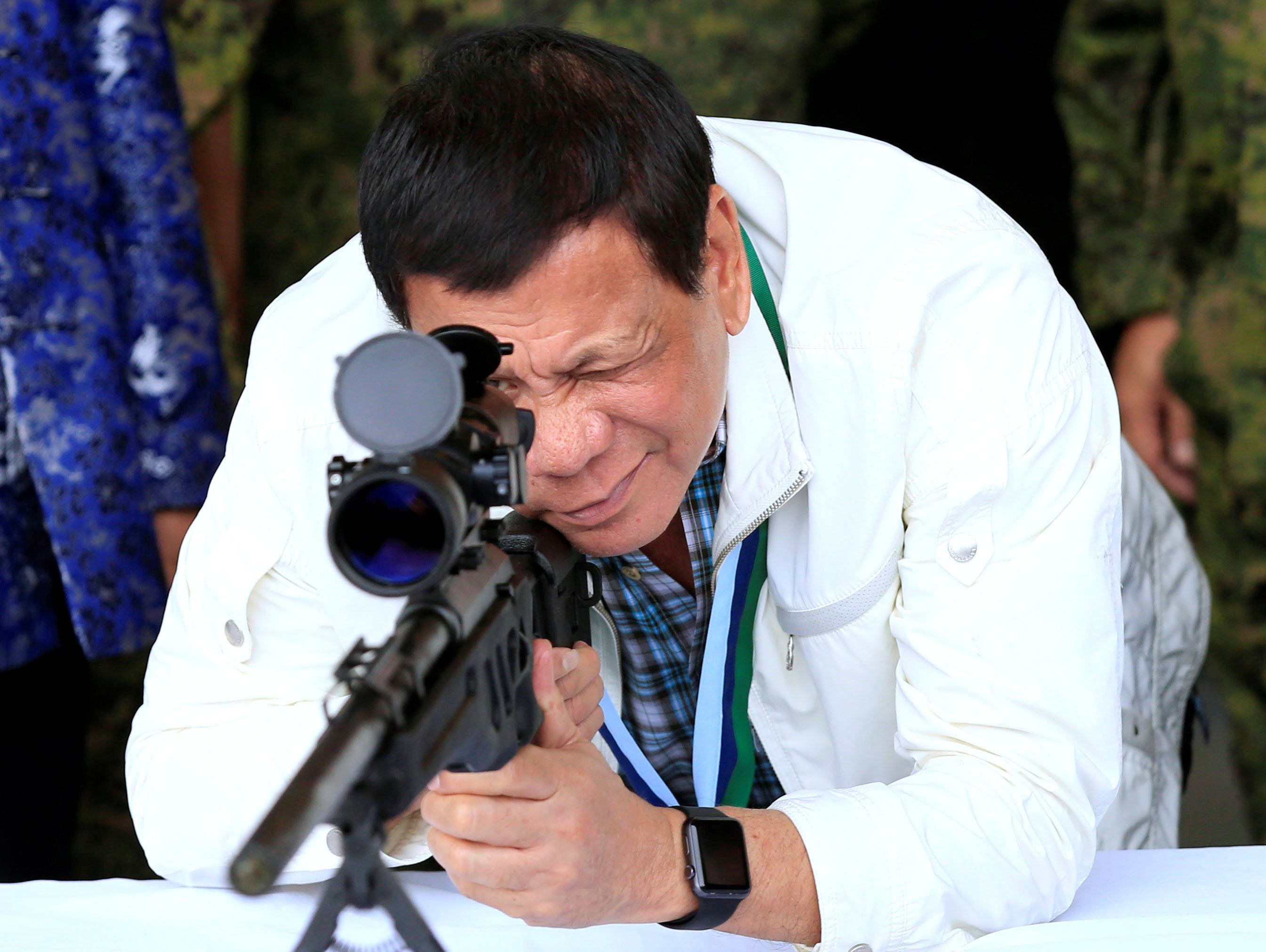Hard Numbers: Duterte's drug war kills kids, global hunger surges, Mexican narcos strike, Japans army thins
129: When the Philippines' tough-talking populist president Rodrigo Duterte first took office in 2016, he unleashed a controversial war on drugs that has killed thousands of people and drawn heat from global human rights watchdogs. Now activists say at least 129 children are among the dead — most of them killed by government forces or their allies.
270: The number of people in need of food aid globally could rise to at least 270 million as a result of pandemic-related job losses and vanishing remittances, according to the UN's World Food Program. That's an 82 percent increase over last year, and the WFP says it doesn't have enough money to meet the need.
3: Mexico's Police Chief was seriously wounded and three people were killed in a brazen assassination attempt attributed to a powerful drug cartel. Among the dead were two bodyguards and a bystander. Mexican authorities have long struggled to subdue the cartels — now it looks like that battle is coming straight to the capital.
8: Japan's aging population is having a direct effect on national security. The country currently has an 8 percent shortfall in troops for its Self-Defense Forces, and has missed recruitment targets every year since 2014.
